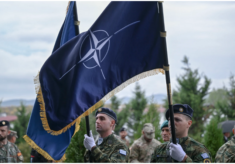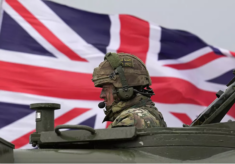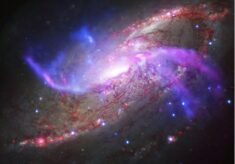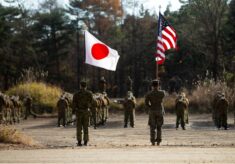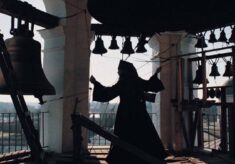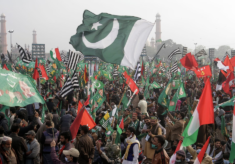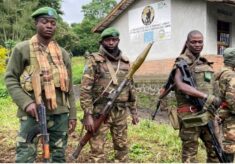According to the report by the Group on Experts of the DRC to the President of the Security Council (S/2024/432) Rwanda and Uganda are supporting the M23 rebel group in the Democratic Republic of Congo. The name from an agreement signed by the Kinshasa and a former pro-Tutsi militia on the 23rd of March 2009.
The presence of the Rwandan Defence Forces (RDF) in DRC is estimated at least between 3.000-4.000 troops (equivalent to a brigade and supplied by two Rwandan regular divisions), fighting alongside the M23 group; indeed, the evaluation is that these foreign direct de facto the M23 operations.
RDF, through its advanced equipment, was essential in securing new territory for M23 and in repelling counteroffensives by the Congolese armed forces and Wazalendo irregulars. Among the equipment deployed by the RDF are: artillery-based short-range air defence systems, attack drones armed with explosive payloads, guided heavy mortar bombs (first appearance in the conflict), complementing single-tube and small multiple rocket launchers, night-vision goggles, snipers, anti-tank missiles
Uganda for its side, “has not prevented the presence of M23 and RDF troops on its territory or passage through it, including during the takeover of Bunagana on 12 June 2022 by M23, supported by RDF”. M23 sources specify that supplies and new recruits pass through the Ugandan border towns of Kisoro and Bunagana. Kampala’s intelligence officers provide coordination to the M23 in terms of logistics and transports. Ugandan forces (Busanza combat group) have been spotted inside the RDC territory within the rebel-controlled areas.
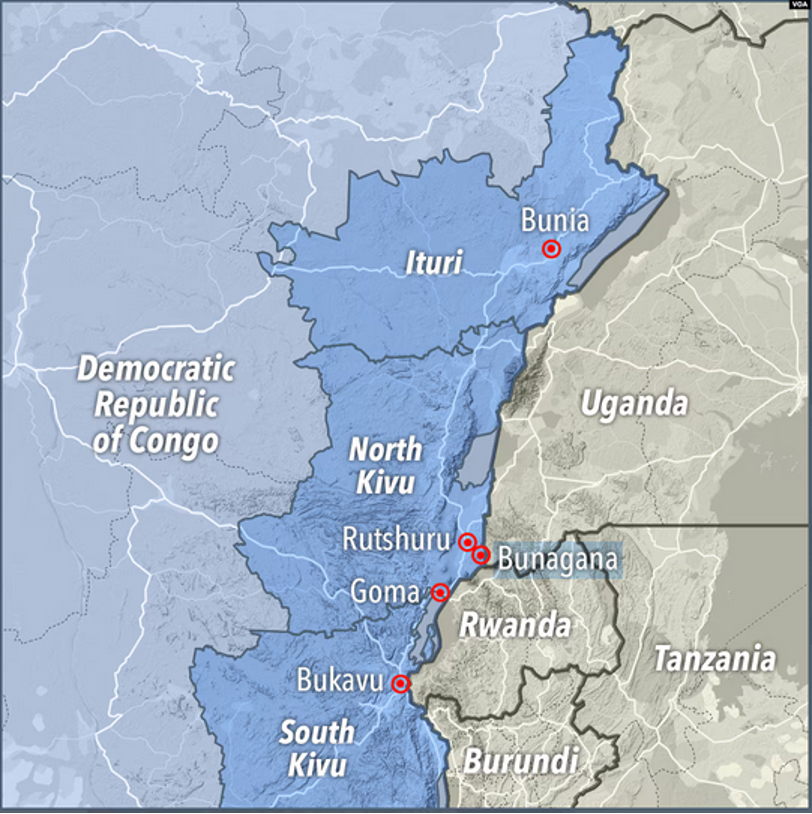
Uganda offers also political meeting opportunities in Kampala itself to M23 chiefs and to the new insurgent group AFC (Alliance du Fleuve Congo – Congo River Alliance), while acting in political concert with Kigali.
The Ugandan authorities categorically rejected all the allegations and denied supporting the rebels in eastern DRC. “We have no reason to support the M23” – claimed Ugandan army spokesman, Félix Kulayigye – “Our soldiers are present in the area due to a military cooperation agreement of April 2021, to counter another armed group”. The group are the Allied Democratic Forces (ADF), a Ugandan Islamist organisation, also present in the RDC since 1995.
Following the publication of the report, which again highlighted Kigali’s involvement in the conflict in the east of the country, the government in Brussels called on the Rwandan government to withdraw its troops as soon as possible.
Moreover, Gracia Yamba Kazadi, RDC Foreign Minister, summoned Matata Twaha, chargé d’affaires in Kampala. The Ugandan diplomat also rejected all the accusations, preferring to wait for an official UN statement before responding formally.
Meanwhile, Washington announced an extension until 3 August of the humanitarian truce that began on 4 July. The Congolese authorities have complained that the ceasefire has not been fully respected by the M23 rebels and at least ten civilians were reportedly killed in a very unstable and dangerous regional situation.
NB. The article is a reworking and translation of the original article “Gli esperti dell’ONU inchiodano Ruanda e Uganda”, published in Italian by Africa Express.
Cornelia Isabelle Toelgyes
Cornelia Isabelle Toelgyes, is vice-director of the online daily Africa Express, with a considerable field experience in different African countries.


